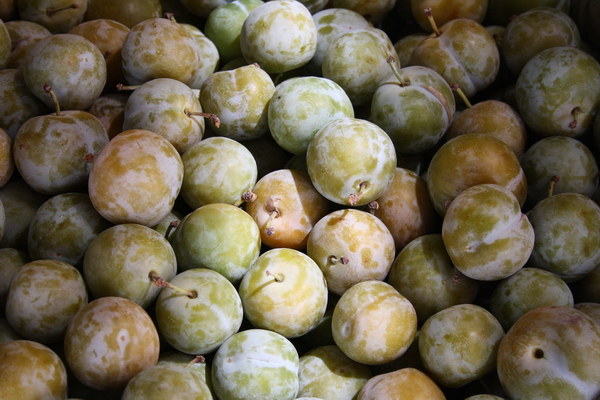The Ancient Roots of Food Therapy A Journey Through Traditional Remedies and Modern Applications
In the tapestry of human history, food has always been more than mere sustenance. It has been a symbol of culture, a reflection of the environment, and, most importantly, a tool for healing and wellness. The concept of food therapy, or the use of specific foods to treat and prevent illnesses, has its origins in ancient civilizations, where the wisdom of the ages has been passed down through generations. This article delves into the rich history of food therapy, exploring its ancient roots and its relevance in modern medicine.
The roots of food therapy can be traced back to the earliest human societies, where people relied on the environment for their sustenance. The discovery that certain plants could alleviate symptoms of illness led to the practice of using food as medicine. Ancient cultures such as the Egyptians, Greeks, and Chinese all had their own versions of food therapy, utilizing the natural properties of food to promote health and cure diseases.
In ancient Egypt, the concept of food as medicine was deeply intertwined with religious beliefs. The pharaohs and their priests believed that the gods had provided humans with the necessary ingredients for healing. The Ebers Papyrus, an ancient Egyptian medical text, contains over 800 prescriptions that incorporate various foods, herbs, and minerals. For instance, garlic was used to treat infections, while onions were believed to help with respiratory issues.

The Greeks, on the other hand, developed the concept of dietetics, which focused on the relationship between food, health, and disease. Hippocrates, the father of medicine, emphasized the importance of diet in maintaining health and treating illnesses. He once said, Let food be thy medicine and medicine be thy food. This principle has since become the cornerstone of food therapy.
In traditional Chinese medicine, food therapy is an integral part of the healing process. The practice, known as Shi Lin, involves the use of specific foods to balance the body's energy, or Qi, and restore harmony. For example, ginseng is believed to boost energy and improve immunity, while goji berries are thought to enhance longevity.
As time passed, the principles of food therapy were further developed and refined. The Roman physician Galen, who lived in the second century AD, proposed the concept of the four humors, which he believed were the fundamental forces that governed the human body. He suggested that the balance of these humors could be achieved through diet, thereby promoting health and preventing disease.
During the Middle Ages, the practice of food therapy continued to evolve, with the addition of new ingredients and techniques. Monks and nuns, who had access to a wide variety of herbs and spices, became the custodians of food therapy knowledge. They compiled extensive herbals, which contained recipes for remedies made from food and herbs.
In the modern era, the concept of food therapy has gained renewed interest, as scientists have begun to uncover the health benefits of certain foods and nutrients. Today, food therapy is recognized as a complementary and alternative medicine (CAM) approach that can be used alongside conventional treatments to improve overall health and well-being.
Modern food therapy encompasses a wide range of practices, including the use of dietary supplements, specialized diets, and the integration of traditional remedies. For example, the Mediterranean diet, which emphasizes the consumption of fruits, vegetables, whole grains, and healthy fats, has been shown to reduce the risk of heart disease, stroke, and other chronic conditions.
In conclusion, the ancient roots of food therapy provide a rich tapestry of wisdom that continues to shape the field of modern medicine. By understanding the history and principles behind this time-honored practice, we can appreciate its value in promoting health and healing. As we continue to explore the power of food as medicine, the legacy of our ancestors serves as a reminder that the pursuit of wellness is as old as time itself.









